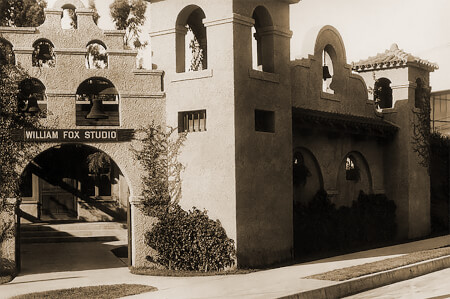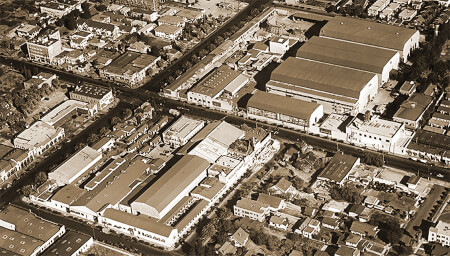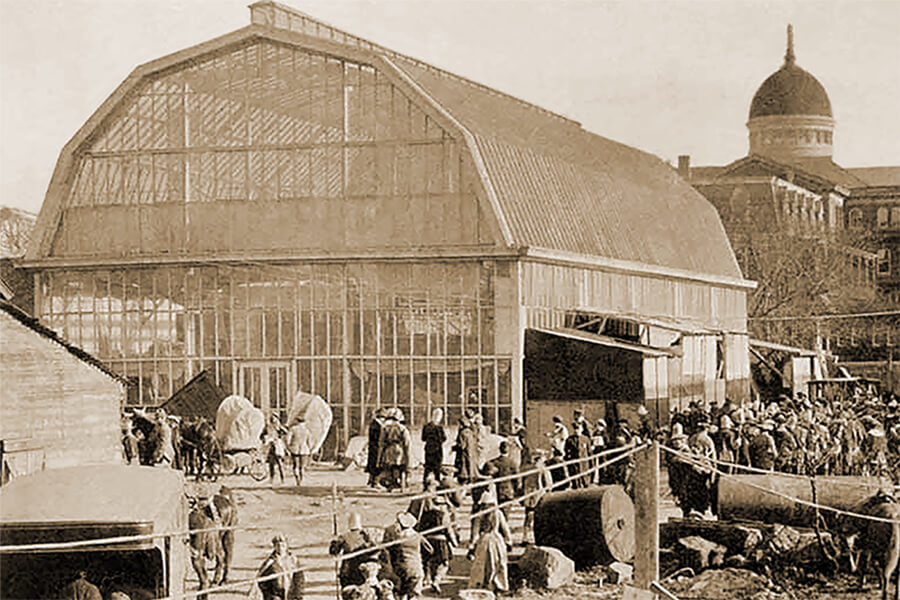He Rose Like a Rocket and Fell Like a Brick
The name Fox is iconic in the entertainment business. Though most Americans know the name, they don't know where the name came from.
It was William Fox, the early movie mogul, that gave his name to this media empire, It is attached to a major movie studio, a news channel, and a television network, among other entities. This, in spite of the fact that William Fox has not been connected to the company, in fact has not been in the entertainment business, since 1930.
William Fox was born Wilhelm Fuchs on January 1, 1879 in Tolcsva, Hungary. Before the age of one, the family had emigrated to the United States and settled in New York's Lower East Side. His Americanized name was entered into the immigration records from the original German-Jewish at the time the family came to the country.
As a young man, in 1900 Fox became a furrier, but in 1904 he bought a share of a Nickelodeon, the earliest of the type of movie theater. He expanded by opening a string of theaters and bought movie prints from many of the major movie makers of the day.
Being the business man he realized the potential in the theater business and rapidly expanding his chain of theaters in New York and New Jersey. Early in 1914 he formed Box Office Attractions to distribute feature length films. An astute Fox realized he could increase profits by making his own movies and later that year he lease the Eclair Studio in Fort Lee, New Jersey. Fort Lee was the country's first movie enclave. By 1915 he leased the Willat Studio next door.
Already needing more capacity, and realizing that he could shoot year round by moving to California, later in 1915, Fox leased William Selig's old lot in Edendale, a Los Angeles neighborhood, as he looked for a permanent home. In ca 1917 he bought, refurbished, and expanded the Thomas Dixon studio at Western and Sunset in Hollywood. and by 1918 and 1919 he was ready to move into his state of the art plant.
In 1921 Fox also built a studio at 530 W. 57th St. in New York, a location now occupied by CBS. Fox was now a true movie mogul running studios on both coasts.
In 1925, knowing that sound was coming to film, Fox began buying assets that would position him as a leader in early sound production. His purchases included Tom Mix's 265 acre ranch in West L.A. that Fox named Movietone Studios, and would later become 20th Century-Fox Studios.
Fox was at his peak for about 15 years and had great success through the 1920s, expanding the Hollywood lot to both sides of Western Ave. He employed some of Hollywood's biggest stars, including cowboy star Tom Mix and vamp Theda Bara, who moved with him from Fort Lee.
In the market crash of 1929 Fox lost most of his assets, like many of his peers. Later that year he was in a debilitating auto accident, which left his right arm useless. Unable to work, he could not fight for his holdings was forced into bankruptcy and forced to sell all of his holdings to his creditors
In receivership for several years, Fox Film Corp. was part of a merger engineered by Fox's new owners and 20th Century Pictures, creating 20th Century-Fox Film Corp. under the control of Nicholas and Joseph Schenck, and Daryl F. Zannuck. The studio was rechristened with the new company name.
On the strength of patents William Fox still owned, he and his wife, Eva, lived in relative comfort for the remainder of their lives. Fox died on May 8, 1952 a relatively forgotten man, but left a legacy that endures to this day.




